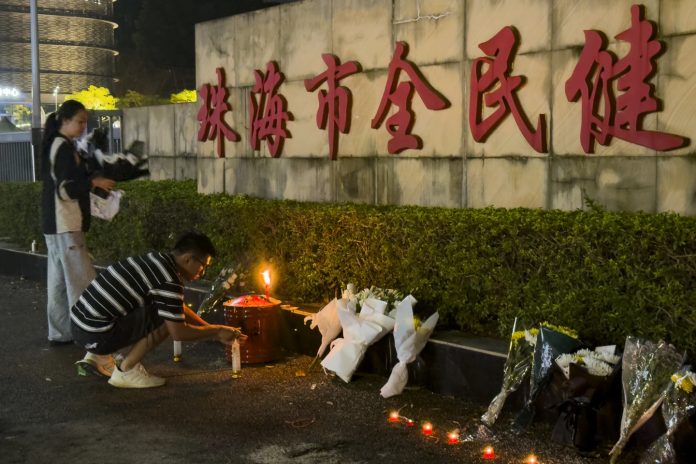Chinese President Xi Jinping demanded that the recent wave of mass killings not be repeated, ordering to prevent future “extreme cases,” according to AP News.
The recent spate of murders, such as stabbings or pedestrian hit-and-runs, drew particular attention from the Chinese leadership. Local officials rushed to promise to address all incidents that could provoke aggression.
The Justice Ministry pledged to reduce conflicts by investigating quarrels over inheritance, housing, land and unpaid wages. However, many expressed concerns about how such disputes would be identified.
Meanwhile, the growing intrusion into people’s private lives is worrisome at a time when the Chinese state has already reinforced its control over all social and political aspects.
The Chinese called the increasing attacks “revenge on society crimes.” In November alone, there were three such incidents. A man who suffered an investment collapse attacked people at a primary school in Hunan province, targeting 30. A student who failed an exam stabbed eight people at a vocational school in the city of Yixing. A man upset over a divorce drove into a crowd in the southern city of Zhuhai, killing 35 and injuring 43 others.
Sociologists indicate that the attacks may be linked to a growing sense of injustice in China. Civil society activism, which was at its peak in the first decade of the 21st century, has also declined. Whereas a decade ago, media could report on an incident as it unfolded and even name a suspect, this is rarely possible nowadays.
For China, “the only method to deal with it is to strengthen control,” said Rose Luqiu, a well-known former journalist with state-owned Phoenix Television and an associate professor at Hong Kong Baptist University. Other experts believe the government’s strategy is aimed at preventing copycats.
